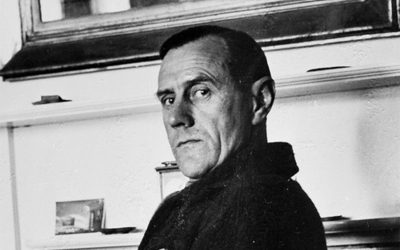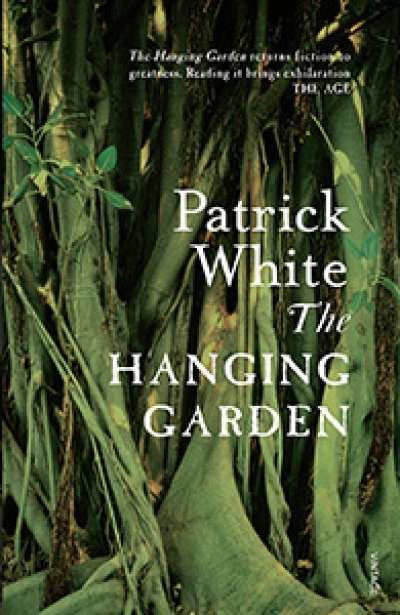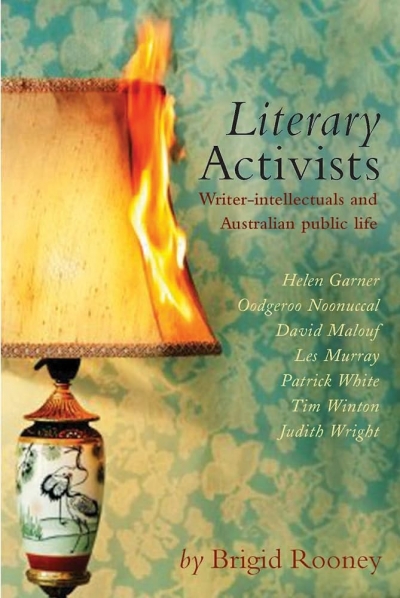Accessibility Tools
- Content scaling 100%
- Font size 100%
- Line height 100%
- Letter spacing 100%
Patrick White
Andrew Fuhrmann’s acclaimed Fellowship essay on the theatre of Patrick White closely examines these brilliant, problematic plays and draws on interview material with key directors closely associated with White.
... (read more)With the centenary of Patrick White’s birth being celebrated this year, it seems appropriate to highlight the great legacy that White left Australian writers in the form of the Patrick White Literary Award. On 16 November, the 2012 Award was presented to novelist, short story writer, and essayist Amanda Lohrey, the thirty-ninth winner since the Award was first presented, to Christina Stead, in 1974.
... (read more)By the time I found him twenty-five years ago in the Adelaide Hills, Glen McBride was old, tiny, spry, and ready to boast about his career. I doubt many readers have heard of this little man or know of his pivotal role in the literature of this country. That’s what had me knocking at his door. And though he disowned none of it in the hours we spent ranging over his life and times, what really perked him up was confessing his part in the salami and sausage business in that part of the world.
... (read more)So Patrick White’s most flamboyant novel (with the possible exception of The Twyborn Affair) has been brought to the cinema, after the usual longueurs and fiscal frights. Director Fred Schepisi and his scriptwriter, Judy Morris, have tamed the long and somewhat unwieldy beast that won White the Nobel Prize in 1973. Lovers of the novel will miss certain sc ...
It’s not often that literature makes the front page of the Sydney Morning Herald, but on 3 November 2006 the lead story was a report by David Marr about the National Library of Australia’s purchase of a collection of Patrick White’s papers, previously thought destroyed. Other media, both in Australia and internationally, picked up the story. The T ...
Patrick White within the Western Literary Tradition by John Beston & Remembering Patrick White edited by Elizabeth McMahon and Brigitta Olubas
Literary Activists: Writer-Intellectuals and Australian Public Life by Brigid Rooney
I can’t let you have my ‘papers’ because I don’t keep any. My mss are destroyed as soon as the books are printed. I put very little into notebooks, don’t keep my friends’ letters … and anything unfinished when I die is to be burnt. The final versions of my books are what I want people to see …
(Patrick White, reply to Dr George Chandler, Director General, 9 April 1977, National Library of Australia, MS 8469)
... (read more)



